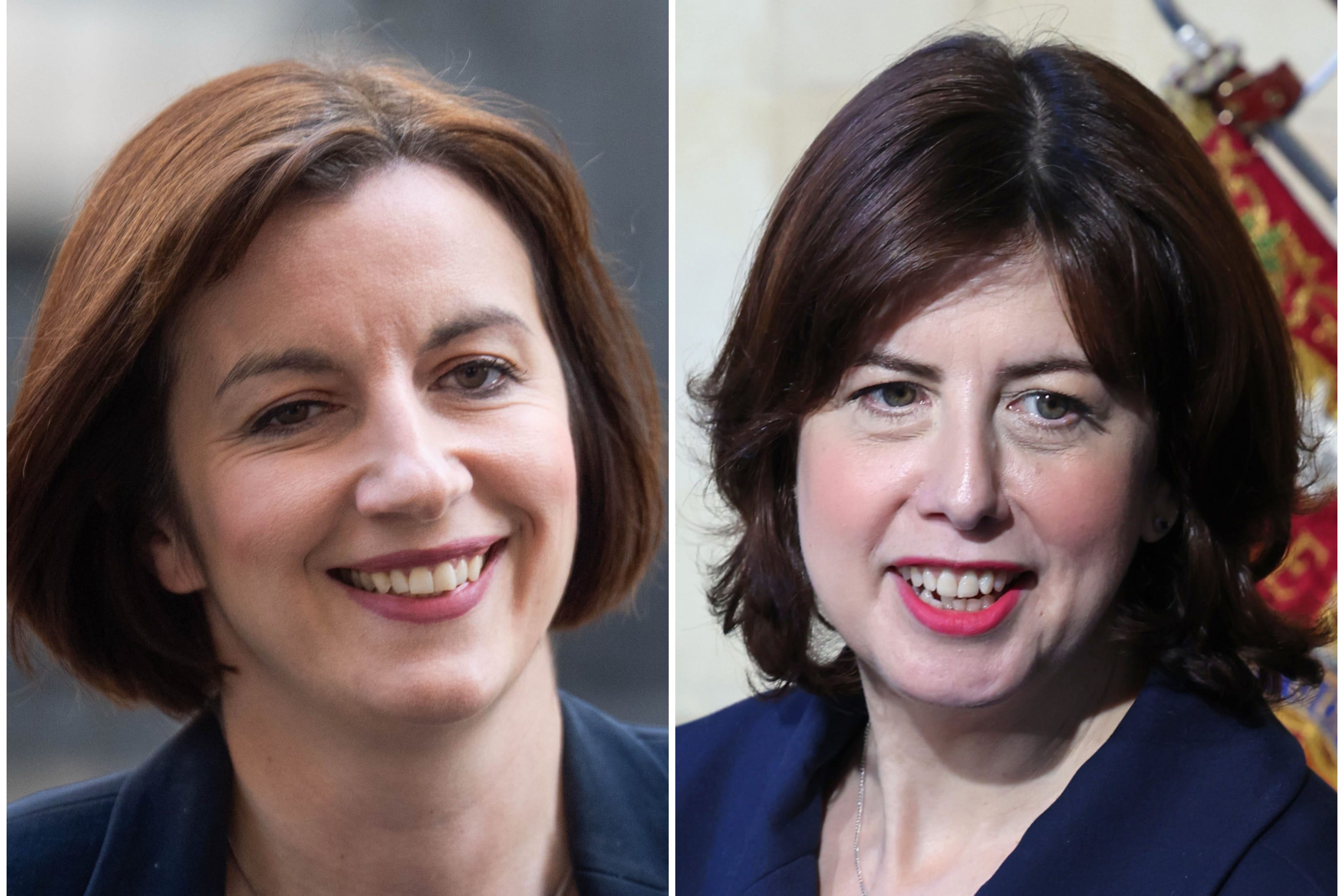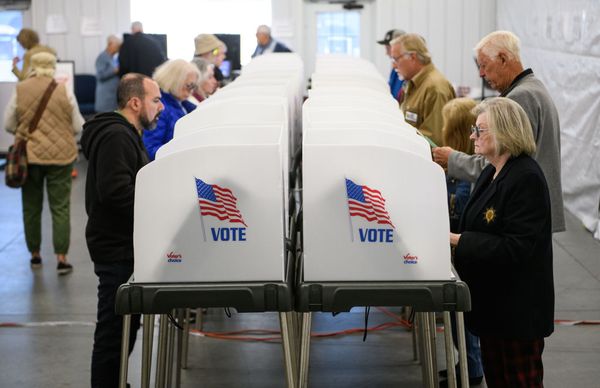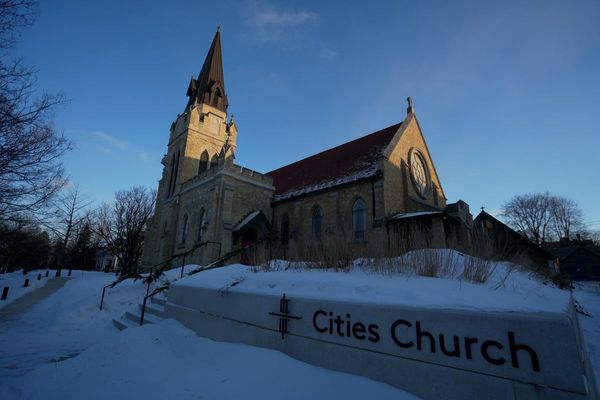Low-income families will find it “near impossible” to afford food, heating and bills as UK faces a decade of falling incomes, a charity has said in a stark new warning.
New analysis from the Joseph Rowntree Foundation claims that by the end of this parliament, disposable incomes in Britain will be on average £550 lower per year than in September 2024 – a fall of 1.3 per cent – and £570 lower than today.
This would represent the worst fall in living standards seen by any parliament since detailed records began in 1961, with the foundation warning that such a decline will prompt voters to punish Labour at the next election.

As a result of their findings, JRF has urged the government to lift the two-child benefit cap, as well as calling for them to put in place a new ‘minimum floor’ in Universal Credit so there is a line below which no one's payment can fall because of the benefit cap.
They also call for the government to permanently unfreeze Local Housing Allowance and increase targeted support for low-income households on energy bills.
The findings will pile further pressure on the chancellor to scrap the benefit cap long blamed for keeping children in poverty, after more than 100 Labour MPs signed a letter to Rachel Reeves urging her to scrap the limit as she prepares for the autumn Budget.
This could be paid for with a “targeted levy on harmful online gambling products”, which would “support the government’s manifesto pledge to reduce gambling-related harm and enable vital action to alleviate child poverty”, the MPs wrote.
The parliamentarians cited a report by the Institute for Public Policy Research, backed by former prime minister Gordon Brown, which said reforms to gambling levies could generate the £3.2bn needed to scrap the two-child limit and benefit cap.
Meanwhile, the Times reported that the child poverty task force – a body set up by the government to examine the best ways to tackle the issue – is preparing to recommend lifting the cap after concluding it is the best way to alleviate the problem.
The recommendation will put the government in a difficult position as they are already understood to be braced for a £20-30bn black hole at the next budget, a sum that would only be exacerbated by the £3bn per year it is expected to cost to lift the cap.
JRF’s modelling estimates that disposable incomes fell by 0.5 per cent during the first five years of the 2020s, meaning that families are now at risk of seeing a decade of falling disposable incomes and living standards.

The report shows a widening gap between those on lower incomes and middle or high-incomes, saying that in the decade between September 2019 and September 2029, families in the bottom third of incomes will see their disposable income fall by £1,110 per year (6.2 per cent).
Meanwhile, middle and high-income families will see their incomes fall by £380 per year (1.1 per cent) and £970 per year (1.3 per cent) respectively.
“Without savings to cushion the impact of having less income, low-income families will find it nearly impossible to afford food in their fridge, to keep their home warm, or to keep on top of their bills”, the report warns.
Lone parents will see the biggest drop in living standards over the course of a decade, followed by couples with children and single working-age adults without children.
In the decade between September 2019 and September 2029, working-age households will be around £900 per year worse off, compared to £170 for the average pensioner household.
It comes despite Labour’s promise to protect the payslips of working people and make them feel better off.
Couples with children are set to be £1,580 per year (2.8 per cent) worse off while lone parents are set to be £1,510 per year (5.6 per cent) worse off. In comparison, couples without children will be around £180 per year (0.3 per cent) worse off.
Chris Belfield, chief economist at JRF, said: "Families need to see their living standards improve. They will likely vote for a government that makes this happen and punish one that fails to deliver.
“The last Labour government knew this and in their first term they pulled 300,000 children out of poverty alongside rising living standards overall, winning a further two terms.
“A decade that leaves families worse off isn’t inevitable. The government has recognised the gravity of the situation by committing to delivering higher living standards.”
The two-child benefit cap, widely unpopular among Labour members, remains in place more than a year after Labour took office, making it a key issue at the party conference starting in Liverpool on Sunday.
The issue has also been central to the contest to succeed Angela Rayner as deputy leader, with both candidates Bridget Phillipson and Lucy Powell suggesting the limit should be abolished.
Ms Phillipson’s comment that scrapping the “spiteful” cap is “on the table” has been seen as a clear sign that ministers are considering the move.
Ms Reeves on Monday also said the changes were “on the table”.
The recommendations from the long delayed child poverty taskforce are expected before the autumn budget on November 26.







